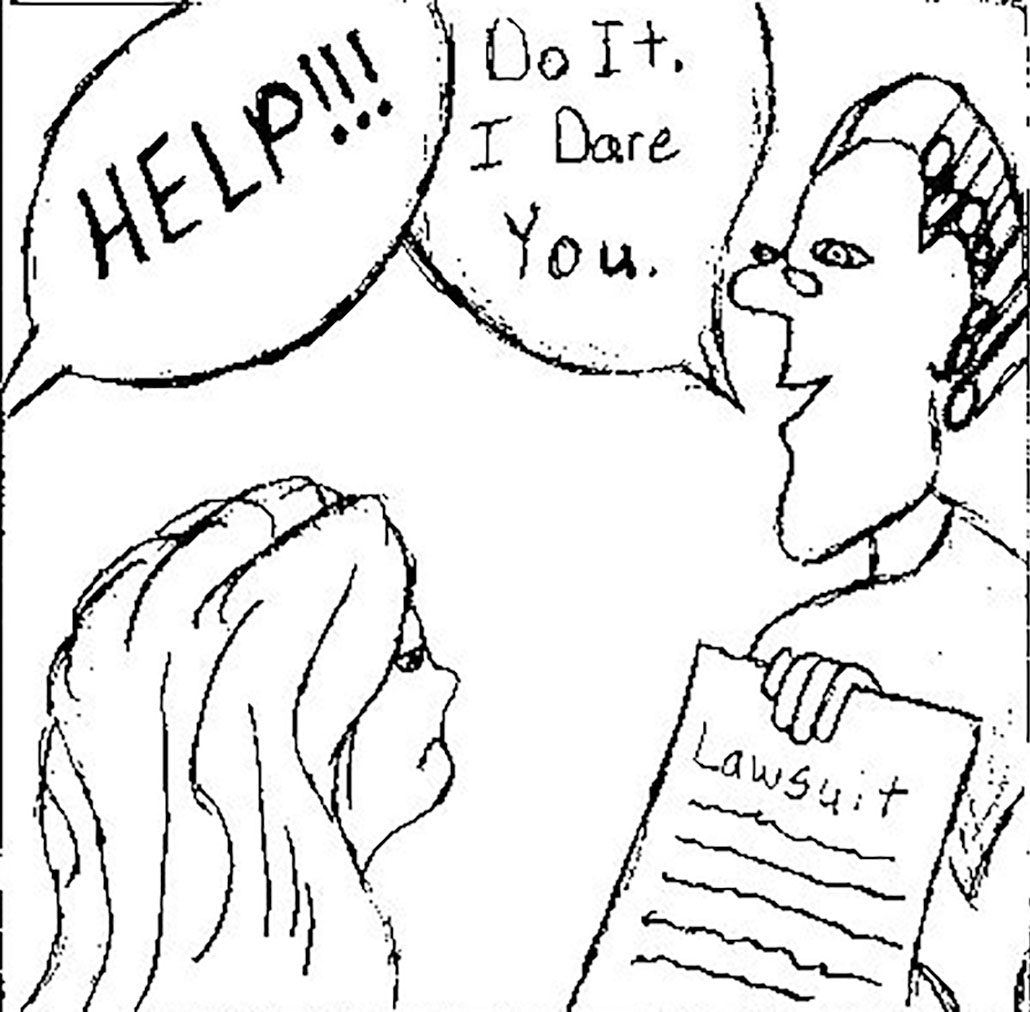
Editorial: Good Samaritan laws helpful to preventing loss of lives from overdoses and accidents
Many times, intoxicated and underage people aren’t keen on calling an ambulance for any alcohol or drug-related emergencies such as overdosing because they’re afraid to get into any police-related trouble.
Ways to alleviate this fear and help victims of overdoses are 911 Good Samaritan laws, which “protect people from arrest and prosecution for drug possession when they call 911 to report an overdose.”
These laws are important, especially in college settings, where many overdoses occur annually.
According to NIAAA, “1,825 college students between the ages of 18 and 24 die each year from alcohol-related unintentional injuries.”
Three years ago in South Dakota, a Good Samaritan bill was killed in committee because many individuals thought it would only give underage people, mostly college students, a way to binge drink even more.
This could be true for some, but not all. Regardless if there’s a bill or not, college students are almost notorious for underage drinking and drug usage. The bill won’t change that fact, but it can protect students from accidental overdoses, and furthermore prevent the witnesses from being prosecuted.
Many people are, indeed, afraid of being in contact with the police or being arrested for possession, even if they’re not the ones intoxicated. But when it comes to someone else’s life, that’s where these laws are crucial.
People usually tend to care more about the safety of themselves before anyone else, which is why there are so many alcohol and drug-related deaths. People don’t want a flawed record or legal trouble.
Good Samaritan laws can save lives. According to drugpolicy.org, “The chance of surviving an overdose, like that of surviving a heart attack, depends greatly on how fast one receives medical assistance.”
If more people weren’t so scared of getting caught for something they didn’t do, more lives could be saved by calling 911.
South Dakota’s Good Samaritan measure, which was approved in Pierre in January , would “protect underage drinkers from facing some criminal penalties during medical emergencies.” It also states “someone can’t be prosecuted for crimes such as underage consumption if they help during an emergency and report it.”
This is a monumental step in the right direction. It allows people to not take overdoses lightly and to seek medical help immediately.
Good Samaritan laws aren’t encouraging college students to further risk their lives, but rather are saving lives by giving them fast medical assistance without the scare of being prosecuted.
